* Photo: Dimitris Lampropoulos/ AA-Athens
Click to read the article in Turkish
Heiko Maas, the Foreign Minister of Germany, paid an official visit to Athens, the capital city of Greece, to discuss the escalating tension between Turkey and Greece in the Eastern Mediterranean.
Before meeting Greece's Foreign Minister Nikos Dendias and Prime Minister Kyriakos Mitsotakis, Maas said, "The windows for dialogue between Greece and Turkey must now be opened further and not closed."
As Maas' visit to Greece and, later to Turkey, came ahead of a meeting of European Union (EU) foreign ministers this week, Maas said that the Eastern Mediterranean and the tension between Turkey and Greece were expected to be discussed. "Greece's voice will have special weight," he said.
"Further escalation can only harm all sides, but above all those directly involved on site," Maas said shortly after he arrived in Greece.
As reported by the state-run Anadolu Agency (AA), Maas reiterated that windows for dialogue should not be closed but further opened between Turkey and Greece. "To achieve this, we need steps toward easing tensions and to initiate direct discussions instead of new provocations. We want to support this as much as we can," he added.
After meeting with Greece's PM Mitsotakis and Foreign Minister Dendias, Maas will head to Ankara to meet his counterpart Mevlüt Çavuşoğlu.
Latest developments in the Eastern MediterraneanThe tension between Turkey and Greece over their right to explore energy resources in the Eastern Mediterranean has seriously escalated over the last months. The latest developments leading to this escalation are briefly as follows: On July 28, Turkey announced that it suspended hydrocarbon exploration activities in the Eastern Mediterranean and stated that it was ready to talk with Greece. On August 6, Greece and Egypt signed a maritime border agreement. On August 10, Turkey announced that its drillship Oruç Reis would resume energy exploration in the Eastern Mediterranean. It said the ship will continue its work along with the ships Cengiz Han and Ataman until August 23. On August 14, the EU foreign miniters discussed the crisis at an extraordinary meeting, calling on Turkey to end hydrocarbon exploration activities in contested waters. On August 16, Turkey issued a Navtex, announcing that its drill ship Yavuz will continue its work exploring for energy resources off the island of Cyprus. On August 23, Turkey issued another Navtex, stating that the Oruç Reis vessel would continue its activities until August 27. On August 24, Greece issued a Navtex, saying that its air and naval forces would hold joint exercises in an area overlapping with the one Turkey declared a day before. |
(PT/SD)




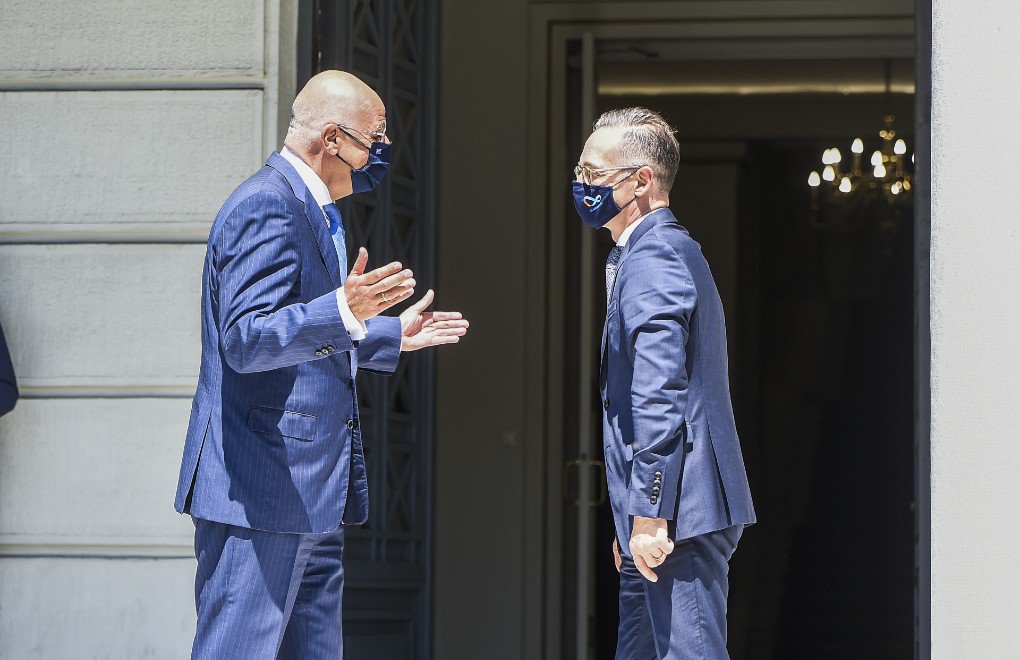
sa.jpg)

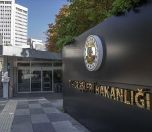
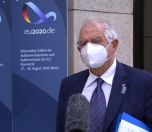
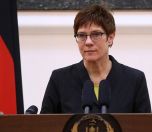
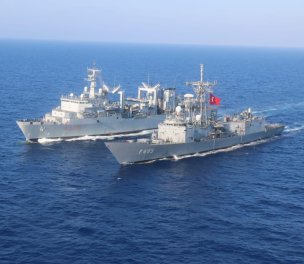
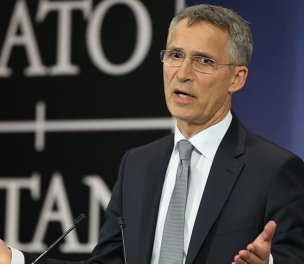
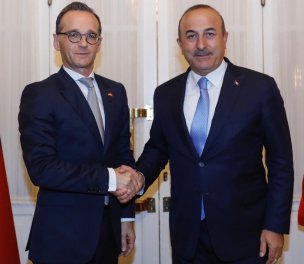
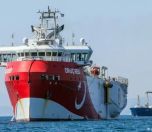
as.jpg)
as.jpg)